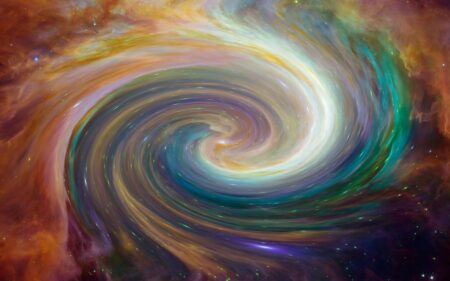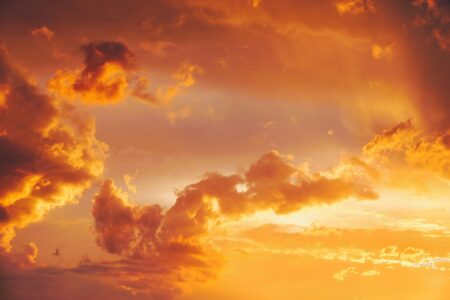The following are some religious truths from the book of Genesis:
- God created the world from nothing.
- God made the universe in an orderly manner over a period of time.
- Everything God made is very good.
- Life appeared in ever increasing complexity over a period of time.
- Every human being and all human beings together are the supreme culmination of God’s creation and are created in God’s own image and likeness.
The general distrust between scientists and theologians delayed development of our understanding of creation and evolution leading to the cosmic story.
Creation is not a static, fixed event but an ongoing act of creativity. All life is connected at the most basic level and we are the supreme culmination of God’s creation.
Evolution is a process that moves towards increasing complexity and increasing consciousness, which explains the development of the universe and its components. The universe is expanding at an accelerating rate, causing cosmic changes on an ongoing basis.
Our lives are rooted in mystery and at the level of mystery we are all one. We believe that God not only initiated the creation event but the divine presence flows in and through the experience of ongoing creation. The creator’s presence in the form of life itself is woven into the fabric of the universe. We are known by the God who, in some mysterious and magnificent way brought life, including our own, into being. So, God’s presence permeates every moment of our lives. Living in this awareness is critical to our own creativity.
God gives all of creation to us to use. If we misuse this privilege God’s justice permits creation to punish humanity (Hildegard of Bingen)
The ecological crisis is a summons to profound interior conversion. Living our vocation to be protectors of God’s handiwork is essential to the life of virtue. It is not an optional or a secondary aspect of our Christian living. What we all need is an ecological conversion whereby the effects of our encounter with Jesus Christ become evident in our relationship with the world around us.
People’s attitudes towards nature as well as their economic systems and consumption habits need to radically change in order to protect biodiversity on our planet and promote a more sustainable and caring world (Vatican 2019).
We need a new spirituality to nourish us for the 21st century. We need to move away from Augustine’s sin and punishment-based ideas towards earthly things.
“We need to appreciate the extraordinary sacredness of ordinary things” (O’Murchu).
There’s a point of pure beauty in every human being (Merton)
Where am I in myself, in my world?
The extraordinary sacredness of ordinary activities makes them divine. Every human effort is an act of adoration. We are evolving manually and socially towards God and God gloried in becoming a member of our human condition. The whole universe is alive with the Divine. Sacredness is staring us in the face! May His face shed its light upon us – the light of God’s face on my face!
Jesus came to unite the divine and human as one. The divine assails us, penetrates us and holds us. We are becoming more and more divine each day. We appreciate the secret beauty in people’s hearts and in creation. This is holy ground. “The Lord was in this place and I never knew it….Take off your shoes for this is holy ground”.
We humans are the centre of creation and the meeting place of heaven and earth. Through evolution we continue to develop more and more into the Divine.
The myth of Adam and Eve needs to be explored: “I will come and take you to myself so that where I am you also may be”.
We are participants in a great unfolding of life that is eons old. What makes us humans unique, not better than the rest of creation, is our capacity for self-reflection and a quality of consciousness that allows us to know that we know. We alone can be radically amazed at the work of creation.
According to Teilhard de Chardin, we are nothing less than “evolution become conscious of itself”.
Sr. Angela Hartigan
South Central Province




